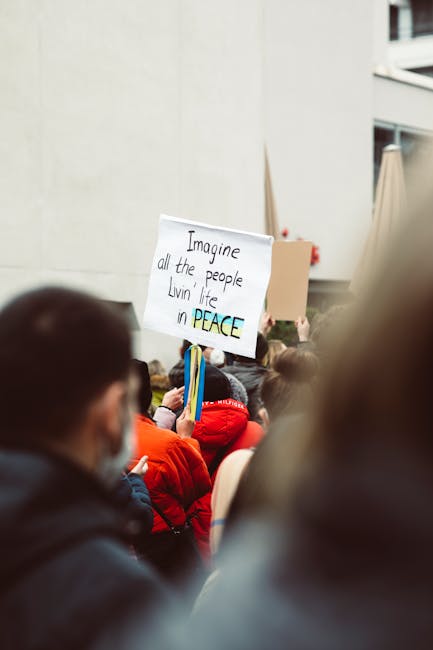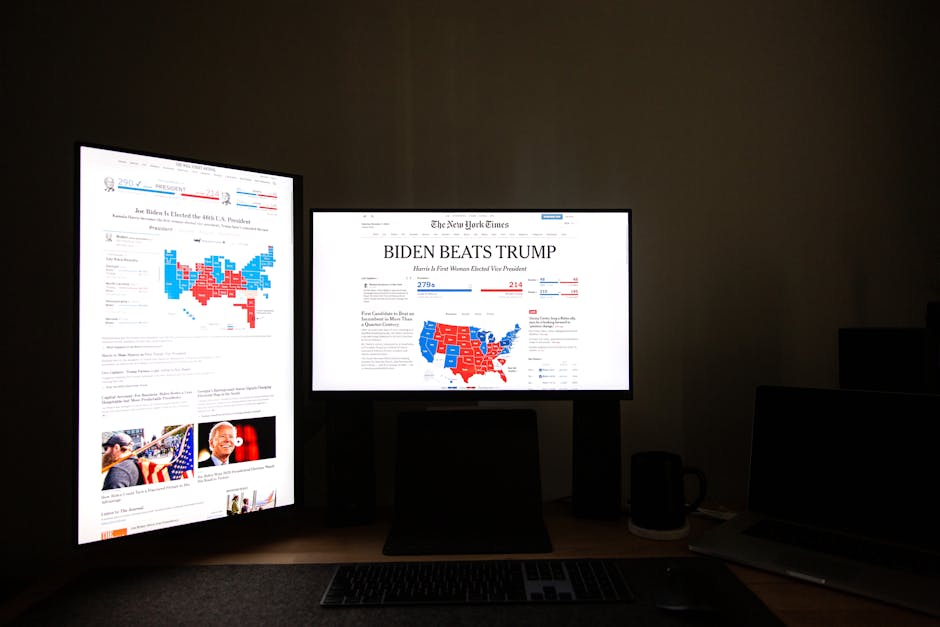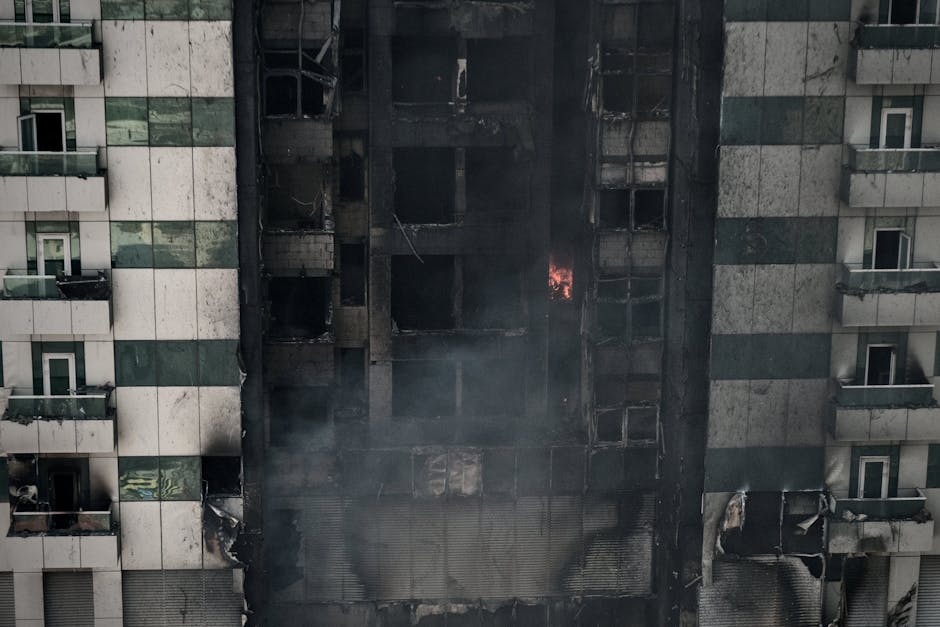In a significant development highlighting the growing unrest in Pakistan-occupied Kashmir (PoK), the Shehbaz Sharif-led government in Islamabad has conceded to protesters’ demands after weeks of intense demonstrations. The two sides have signed a pact addressing local grievances, marking a rare instance of the Pakistani administration yielding to pressure in the disputed region. But what does this deal entail, and what does it mean for PoK’s future?
The Backdrop of Unrest
Protests in PoK erupted over skyrocketing inflation, unemployment, and perceived neglect by Islamabad. Residents cited inadequate infrastructure, poor healthcare, and lack of economic opportunities as key issues. The situation escalated when the Sharif government announced an electricity price hike, igniting widespread anger.
Demonstrations turned violent as protesters clashed with security forces, resulting in injuries and arrests. Calls for greater autonomy and even independence grew louder, forcing the government to the negotiating table.
The Pact: Key Highlights
The agreement, brokered by local leaders and political representatives, addresses several critical issues:
-
Rollback of Electricity Tariff Hike:
The government has agreed to reverse the recent electricity price increase, providing immediate relief to households and businesses. -
Economic Relief Package:
Islamabad has promised a comprehensive package to boost local industries, create jobs, and improve infrastructure, including roads, healthcare, and education. -
Greater Autonomy:
In a significant concession, the government will devolve more powers to PoK’s local administration, addressing demands for self-governance. -
Release of Detainees:
All individuals arrested during protests will be released, provided they were not involved in violence, easing tensions. -
Dialogue Mechanism:
A joint committee will ensure the pact’s implementation and address future grievances.
Implications for PoK and Beyond
The pact is seen as a victory for PoK’s residents, who have long felt marginalized. However, Pakistan’s economic crisis raises doubts about the government’s ability to deliver on its promises. Critics argue that fulfilling these commitments may be challenging given the country’s financial struggles.
The unrest has also reignited debates about PoK’s disputed status. India, which claims the region as its territory, is likely to monitor the situation closely.
A Step Forward, But Challenges Remain
While the agreement addresses immediate concerns, PoK’s deep-rooted issues require sustained efforts. The Sharif government’s ability to implement the pact will be closely watched.
For now, the deal has halted protests, but underlying discontent persists. Whether this agreement leads to lasting peace and development or serves as a temporary fix remains uncertain. One thing is clear: the people of PoK have made their voices heard, and their demands can no longer be ignored.
Stay tuned for more updates on this developing story.




